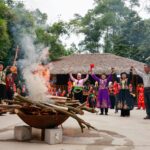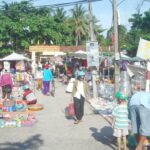“I rarely regret anything in life, but I do regret sending my daughter to an international school when she was still in elementary school,” said Hong Huang.
Hong Huang is known as the ex-wife of renowned Chinese director Chen Kaige. She has also achieved success in various fields, including finance and international relations.
With a family background in diplomacy and economics, Hong Huang herself studied abroad in the US when she was 12 years old, in 1973.
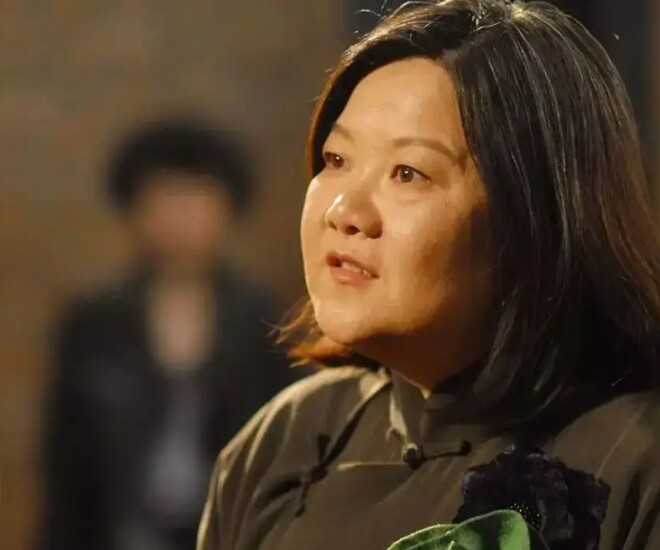
This raises the question: why would someone who has experienced and been influenced by Western education from a young age regret sending her child to an international school?
Hong Huang explains: “Although Western education is open-minded, it also has its drawbacks. It can cause students to lose part of their ability to absorb traditional cultural values.”
Currently, Hong Huang’s daughter is still studying at an international school in Beijing.
A father regrets sending his two children to study abroad at a young age
Mr. Yu Minhong, a famous educator, shared his experience and regrets about sending his children abroad for studies: “At first, I thought my children would grow up abroad. Later, I realized that despite studying English for many years – starting from the college entrance examination, learning English at Peking University, and becoming a teacher after graduating from Peking University – my English was still not good, and there was a gap between me and Western culture.”
“To avoid my children growing up with poor English skills and unfamiliarity with Western society like me, I sent them abroad to study.”
“My daughter was born in China, started kindergarten in Canada, and attended university in the US. My son was born in Canada and studied there until he was 11 years old. Suddenly, I realized a problem in my approach to their education. I found that my children had a poor understanding of their ‘mother tongue.'”
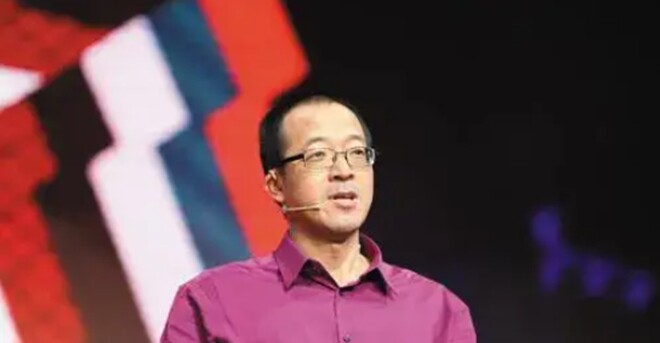
“Although I tried to teach and force them to learn their ‘mother tongue,’ they learned quickly and forgot quickly.”
“My son is in his first year of high school, at 16 years old. I’ve been teaching him Chinese for over 10 years, averaging at least 2 hours per week. Of course, his Chinese has improved since returning to China in recent years, but it’s probably equivalent to the level of a third-grade student.”
“When my daughter was in the fourth grade, she returned to our hometown and attended a regular public school in China, but she couldn’t keep up with the Chinese curriculum. This only improved after a year.”
“From now on, if someone asks me about my experience and whether children should grow up in a Western or native environment, I will firmly suggest that parents raise their children in their homeland.”
In reality, international schools highly value the cultivation of traditional cultural values
After reading these stories, many parents may worry about their children “forgetting their roots” after enrolling in international schools. However, there is no need to fret, as many international schools, not just in China but also in Vietnam, strongly emphasize instilling traditional cultural values in their students.
In recent years, extracurricular activities and clubs related to traditional cultural values, such as Lunar New Year celebrations, making traditional cakes, and celebrating Vietnam’s National Day, have been incorporated into the daily curriculum, stimulating students’ interest in traditional culture and enhancing their sense of national identity, even in an international environment.
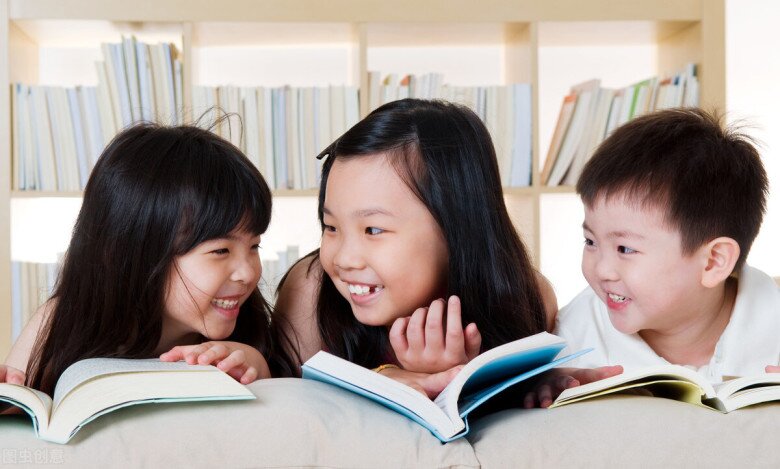
Illustrative image
The true meaning of international education
Many Vietnamese parents have also expressed regret for sending their children to international schools or abroad for studies too early. They don’t question the quality of international schools or the concept of international education itself. Instead, they have a simplistic understanding of international education methods and ideas, regretting only the timing of their decision.
The time and energy of children for learning are limited. If they receive a Western education too early, they may not understand their native culture and struggle to adapt to their home country’s education system.
Compared to traditional “cramming” education, international education focuses more on cultivating children’s comprehensive abilities, including thinking, practice, and creativity. Children’s innate talents and specialties are liberated and nurtured to a certain extent.
Studying at an international school does not merely entail learning a foreign curriculum or taking international courses, nor does studying abroad mean neglecting one’s traditional cultural values.
When choosing a school, we should not solely focus on whether the graduates will study abroad or domestically in the future or whether it is a regular or international curriculum. Instead, parents should pay more attention to the educational philosophy and methods employed by the school.
Ultimately, a school is just an environment for human education.
The true wealth of a child lies in the quality of their education, the unique thinking abilities they develop, and their healthy character. This wealth is not strongly correlated with whether the school is part of a particular system. Educating children truly depends on the collective efforts of the family, the school, and the child themselves.
The Eccentric and Unusual Vĩnh Long Market: From a “Mistake” to a Bustling Bazaar with Hundreds of Products
The Quoi An floating market in Vinh Long province is a unique cultural and commercial hub, coming alive every Tuesday morning. This vibrant marketplace, nestled in the heart of the Mekong Delta, seamlessly blends the charm of a traditional floating market with the practicality of a land-based one. It stands out as a distinctive destination, offering a fascinating glimpse into the region’s rich heritage and vibrant trade.
























